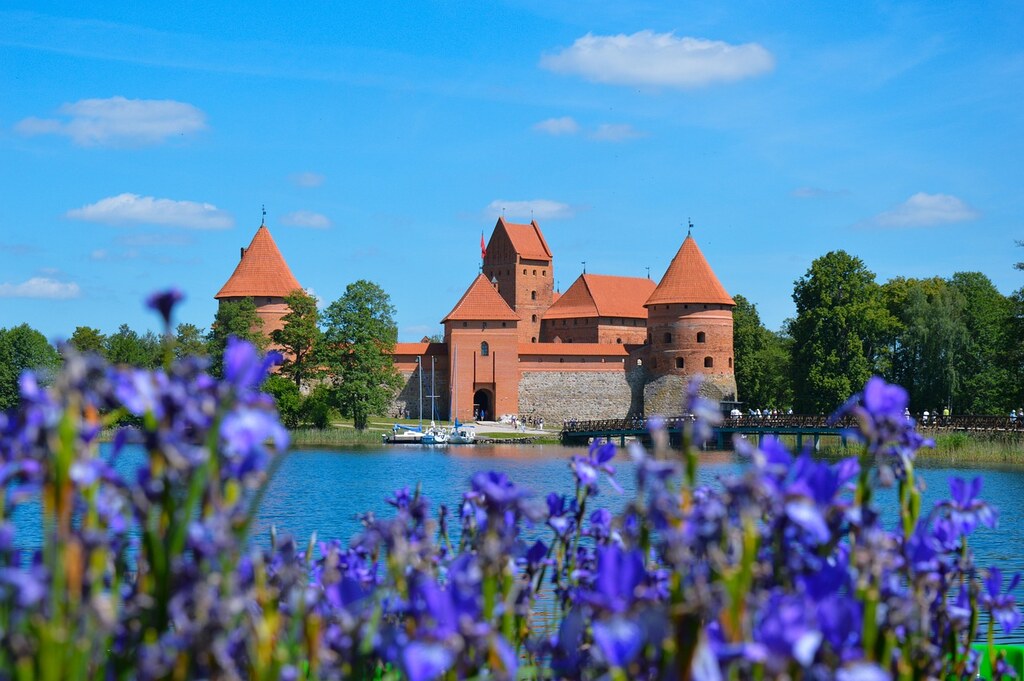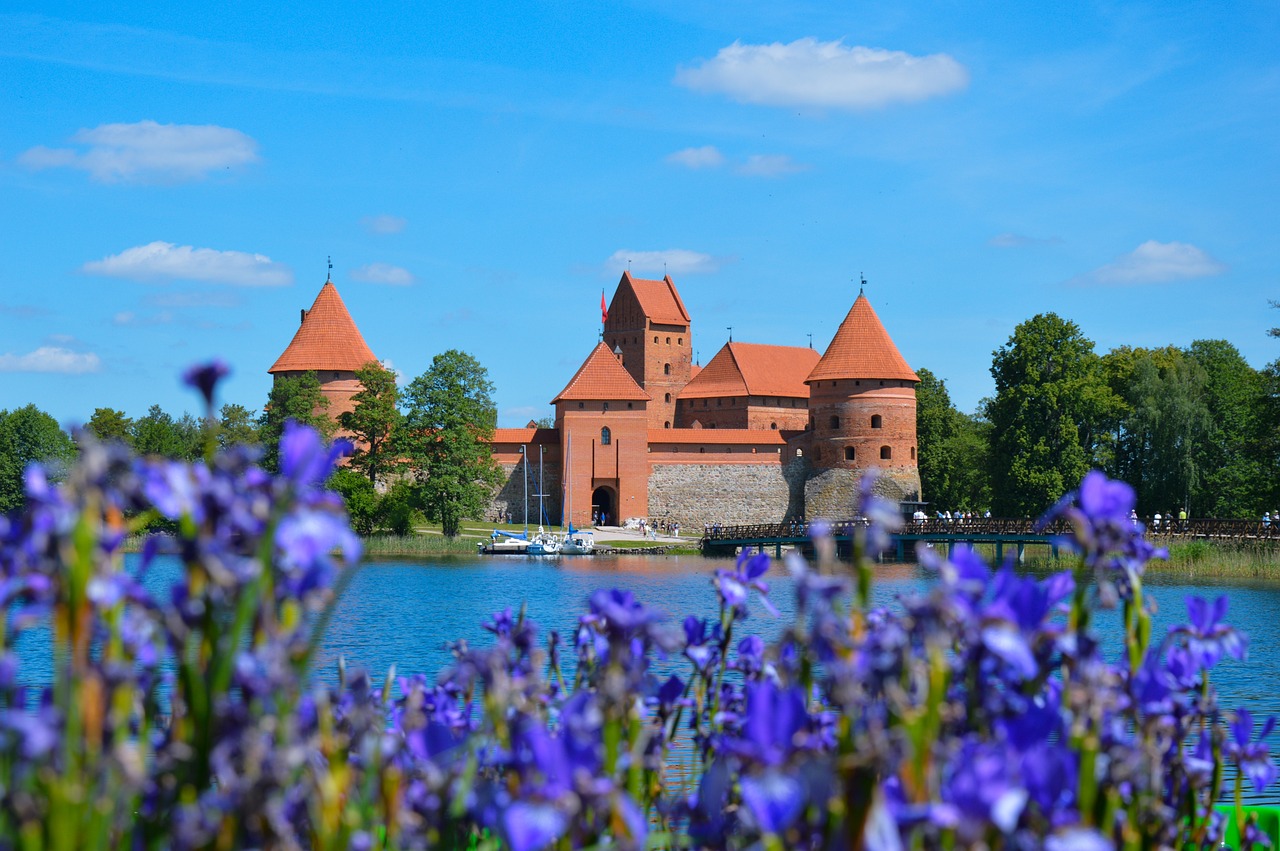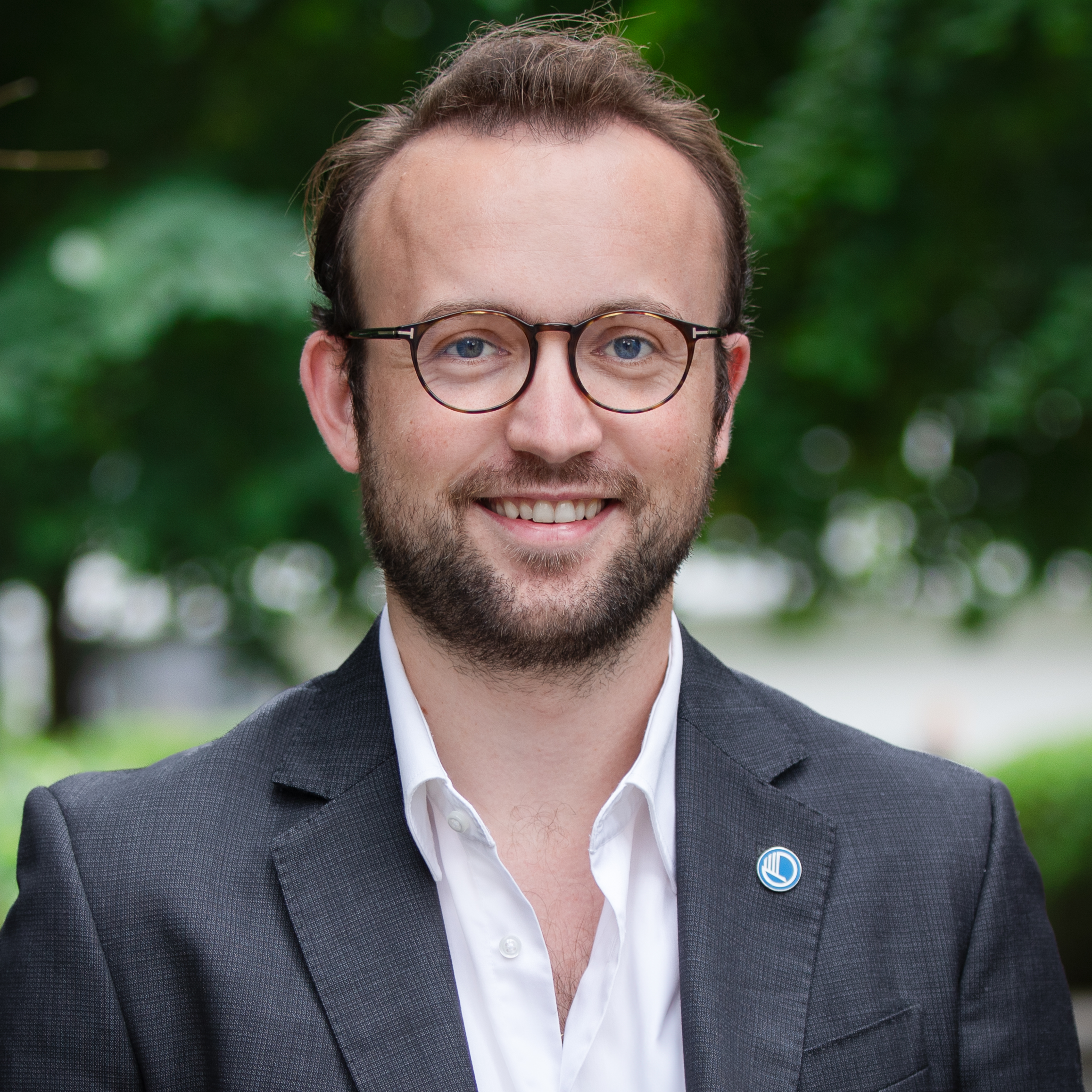
New call opening within the Joint Baltic-Nordic Energy Research Programme
Nordic Energy Research and the Ministry of Energy of the Republic of Lithuania have decided to renew their partnership within the framework of the Joint Baltic-Nordic Energy Research Programme. "By…
Nordic Energy Research and the Ministry of Energy of the Republic of Lithuania have decided to renew their partnership within the framework of the Joint Baltic-Nordic Energy Research Programme.
“By signing a renewed Memorandum of Understanding, both parties commit to cooperating on key energy challenges facing the entire Baltic and Nordic regions. This renewed cooperation means that Nordic Energy Research has the pleasure of announcing a new call, open for applications on 17 January,” says Ole Aune Ødegård, Adviser at Nordic Energy Research and Programme Administrator of the Joint Baltic-Nordic Energy Research Programme.
The call will be open for applications on 17 January 2024, with a deadline on 3 April 2024.
The call will be available under Funding when it opens.

Photo credit: Dominika Kukułka via Pixabay.
Renewed partnership between Lithuania and Nordic Energy Research
The renewed Memorandum of Understanding (MoU) reflects the need for the region to transform their energy systems. The key thematic areas for cooperation are based on the report Baltic-Nordic Roadmap for Cooperation on Clean Energy Technologies, which the Joint Baltic-Nordic Energy Research Programme commissioned in 2022.
The report outlined key areas for cooperation such as production and use of renewable energy, increasing the number of zero-emission buildings and potential for waste heat utilization, digitalization of the energy system, as well as building the foundations for new energy carriers.
By collaborating on these key areas of the energy sector, the hope is that the programme can contribute to both increasing the supply of clean energy and lower the demand of the energy market, as well as help lay the foundation for the low emission energy system. This is necessary if the region is to meet its national climate and energy targets and to increase energy security by supplying affordable and sustainable energy to all.
New open call for applications
By launching a new call for applications, Nordic Energy Research and the Ministry of Energy of the Republic of Lithuania hope to fund three projects for up to two years within the thematic scope of:
- The renewable hydrogen economy (including electrolysers and storage technologies), other E-fuels and gases (including ammonia, e-methanol and synthetic methane)
- Regional energy infrastructure and digitalization
- Carbon capture
- On- and off-shore wind power development and renewable energy production
- Storage solutions, including batteries

